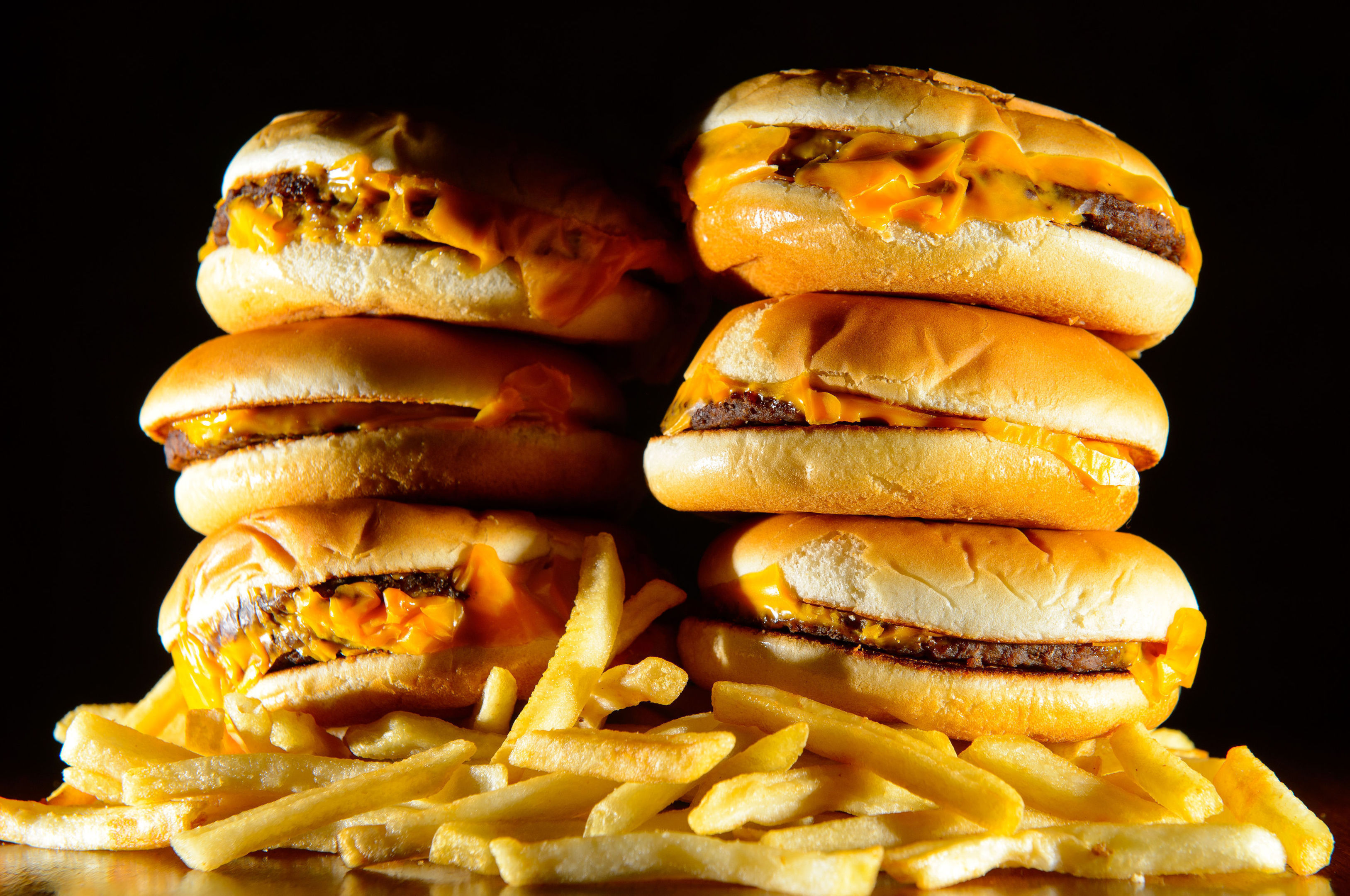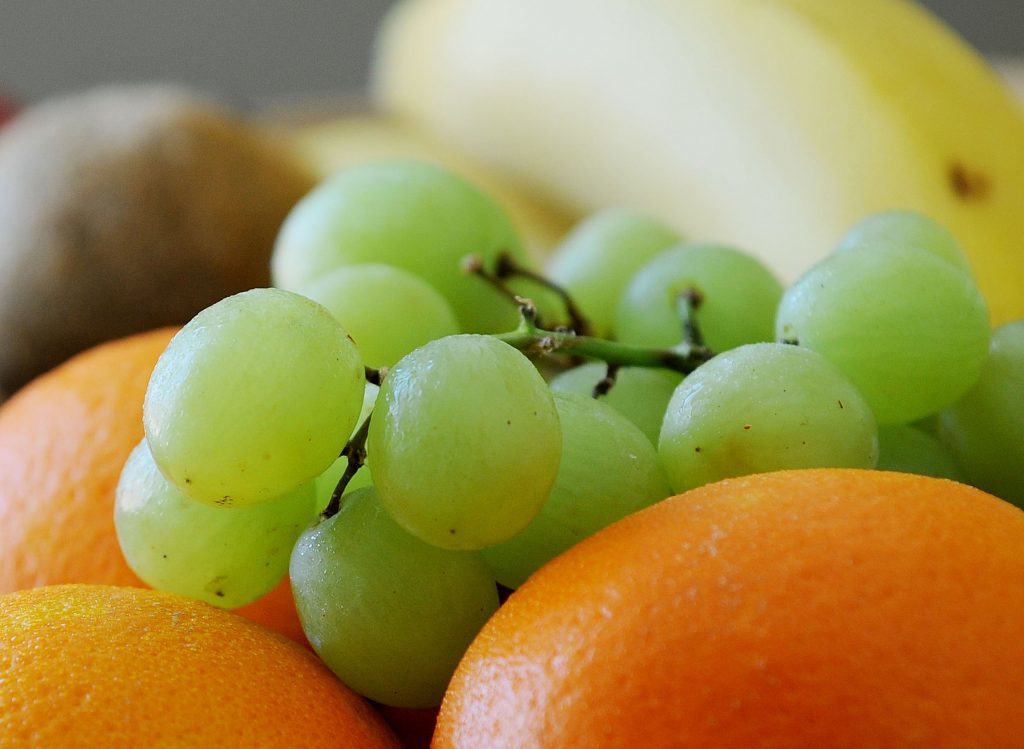
HEALTHY food is mostly cheaper than junk food, making it “simply wrong” that cost is driving poor nutrition and obesity, according to a report.
The cheapest ready meals, pizzas, burgers and sugary breakfast cereals cost more than £2 per kilogram, whereas typical fruit and vegetables cost less than that amount, the study from the Institute of Economic Affairs (IEA), based on data from Tesco and Asda, found.
The study compared the prices of 78 common food and drink products, finding that healthier options are mostly cheaper than less healthy alternatives when measured by edible weight rather than “flawed” cost-per-calorie methodology.
The IEA said the £1 cost of a cheeseburger could also buy a kilo of sweet potatoes, two kilos of carrots, two and a half kilos of pasta, 10 apples or seven bananas, claiming that the recommended five portions of fruit and vegetables a day could cost as little as 30p.
It concluded that “ultimately price is not the main driver of unhealthy food consumption”, suggesting that consumers were often prepared to pay more for taste and convenience.
The IEA said the “popular belief” that obesity and poor nutrition is directly driven by economic deprivation was “untenable”, adding that the use of taxes and subsidies to incentivise better nutrition was unlikely to be successful.
Chris Snowdon, the report’s author and head of lifestyle economics at the Institute of Economic Affairs, said: “A diet of muesli, rice, white meat, fruit and vegetables is much cheaper than a diet of Coco Pops, ready meals, red meat, sugary drinks and fast food.
“A wide range of healthy alternatives are available at the same price as the less healthy options.
“The idea that poor nutrition is caused by the high cost of healthy food is simply wrong. People are prepared to pay a premium for taste and convenience.
“A nutritious diet that meets government recommendations is more affordable than ever.
“Given the relatively high cost of junk food, it is unlikely that taxing unhealthy food or subsidising healthy food would change people’s eating habits. Instead, it would transfer wealth from the poor to the rich.”

Enjoy the convenience of having The Sunday Post delivered as a digital ePaper straight to your smartphone, tablet or computer.
Subscribe for only £5.49 a month and enjoy all the benefits of the printed paper as a digital replica.
Subscribe